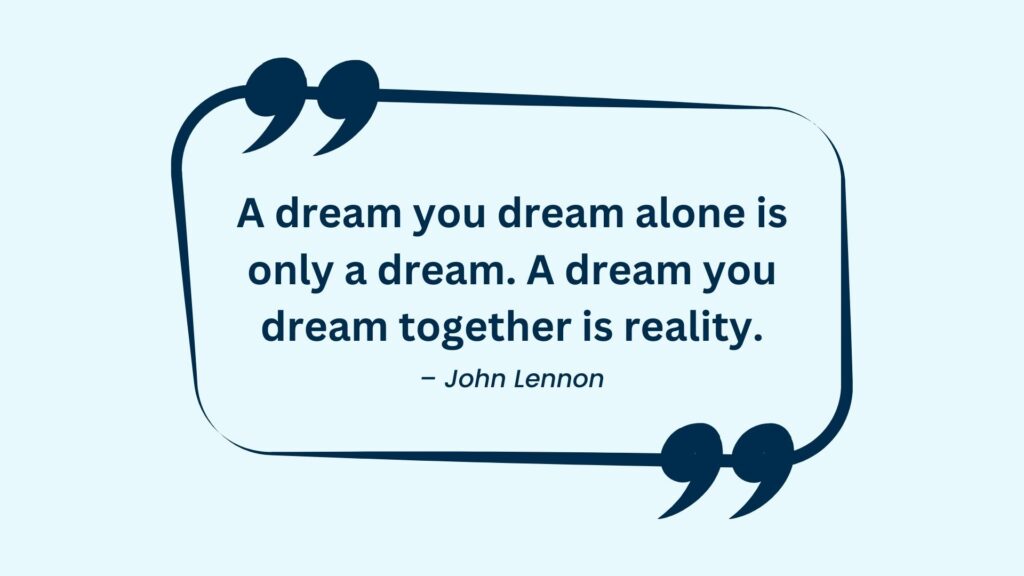Table of Contents
One of the four IB learning programmes, the Middle Years Programme (MYP), is created to prepare students between the ages of 11 and 16 for this mission. Nearly 100 nations have recognised schools that provide the Middle Years Programme, which can be effortlessly incorporated with regional educational standards.
Participating students typically start the five-year MYP programme at age 11 and finish it by age 16. The MYP is also available in condensed forms that are divided into two, three, and four year lengths. It is up to the individual schools that have been granted permission to offer the IB MYP to decide which version they want to provide to their pupils. In order to find out which IB MYP version your school offers to pupils, get in touch with them.
Regardless of the IB MYP version that is provided at your school, all MYP versions provide students with a demanding set of courses that relate what they are learning to actual problems and situations. Now, the majority of us undoubtedly hear various rumors and facts concerning the IB MYP and the IB board in general, which may or may not be real.
First of all, the IB curriculum is significantly more practical and skill-based due to the comprehensive nature of the disciplines that focus on all-around development. Instead than measuring knowledge or speed or memory, the main emphasis is on “how to learn,” not “what to learn.”
Why the MYP?
- The IB MYP offers students the chance to plan their own educational paths, get ready for professions in international relations, and successfully complete the IB Diploma Programme should they decide to do so.
- With the IB MYP, students are given more freedom to actively shape their education, including what they learn, how they learn it, and what they investigate or study for projects and papers.
- Additionally, the IB MYP helps students get ready for their future careers. Students will gain a solid foundation in politics, international relations, and other fields thanks to the curriculum. The program’s ability to encourage students to research local and global issues and concepts is one of its main objectives. Politicians, diplomats, and other professionals working in international affairs and maintaining world peace need to be adept at this kind of critical thinking. These vital critical thinking abilities can be developed by IB MYP students thanks to the MYP’s need to support and promote learning by doing in the actual world. Students will benefit from having this information as they transition into college and their chosen fields of employment.
Finally, the IB MYP is the best preparation available for the IB Diploma Programme (IB DP), which allows students to complete college-level work and earn college credit. However, you are not required to pursue DP after you finish your MYP.
Now that we know what MYP is, let us move on to some of the common myths:
Myth 1: Indian students are not suited to the IB Programme.
The IB Diploma Program is a rigorous curriculum that examines depth and breadth in six topics at once. It encourages students to think creatively and unconventionally. Instead than memorizing information and getting high test scores, the focus is on concepts and individualized research. Also, the Indian Government approves of the IB MYP.
We cannot deny that the cost of the IB curriculum is higher than that of nearby colleges. Additionally, it doesn’t prepare students who want to apply to the IIT and BITS. It can be challenging to pass both the IB and Indian admission tests because the IB curriculum differs from Indian curricula like CBSE and ICSE.
Myth 2: IB MYP is almost impossible and is very challenging
True to an extent. The IB MYP is not impossible. Although this notion cannot be refuted, there is life outside of the classroom, and the curriculum enables students to combine their studies with real-world jobs in practical ways. Students of all interests and skill levels can benefit greatly from the MYP. Despite having selective academic models, MYP is a whole-school initiative. Overall, the standards are only different, not any higher than any other education board. It encourages students to move beyond just learning knowledge and acquire competencies.

Myth 3: IB is not recognized in India
False. The learning system discusses the standards that are offered by this curriculum. As a top academic programme, it has impressive credentials for entering universities. IB is rated on par with all other boards, including ICSE, CBSE, NIOS, and state boards, according to the Association of Indian Universities (AIU).
Also Read – Let’s Explore the IB Middle Years Programme (IBMYP).
Myth 4: It would be unwise to switch to IB in grade 11 from an Indian curriculum like CBSE.
The IBMYP polishes a student’s abilities and knowledge and expands it to a global level. It is a well-known and widely respected programme that prepares the way for Indian students who want to study abroad. Even if there is a big difference between the two curricula, switching to IB is not a bad idea if you give it some serious thought.
What comes after this?
It might make sense to study more about the advantages of an IB diploma when you apply for colleges before deciding whether to engage in the IB MYP programme (and beyond).








